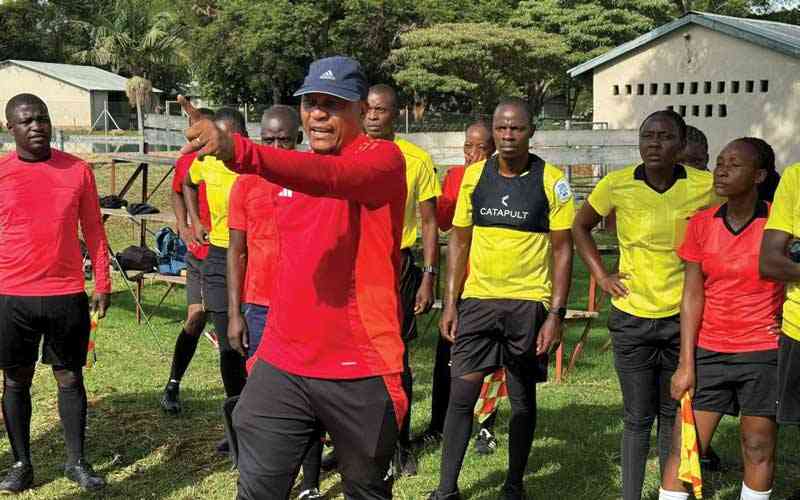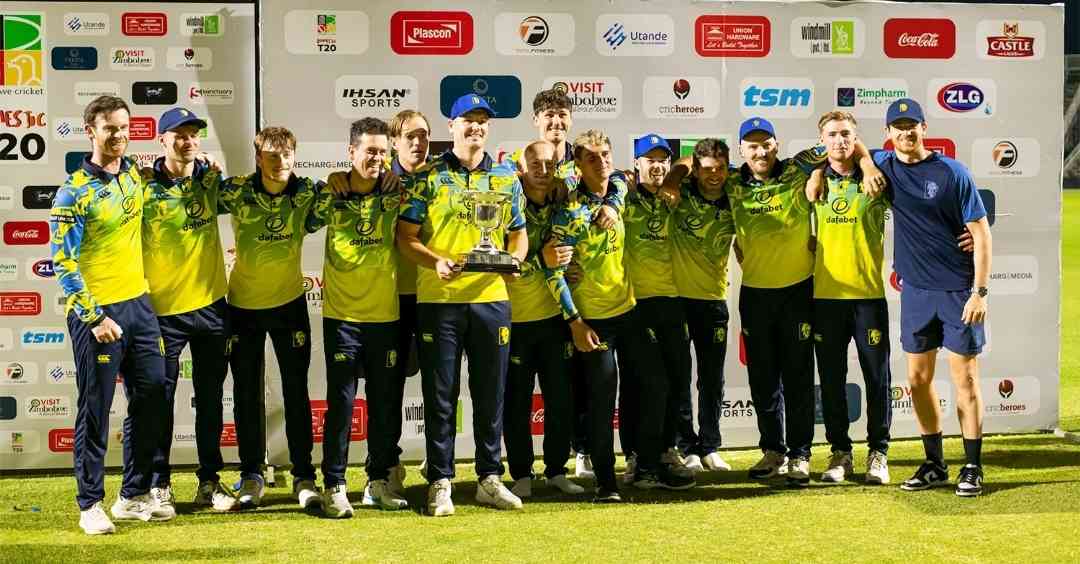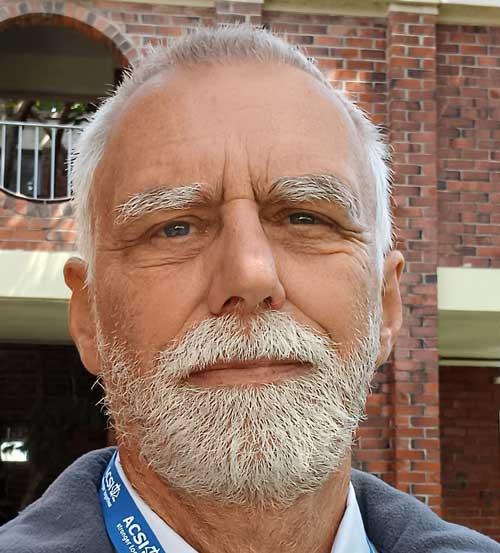
In July 2014, it was reported that Mutendi High School in Masvingo received $20 000 worth of baseball equipment from the United States of America-based well-wisher Bart Bracher.
BY FORTUNE MBELE
Two years down the line, the Zimbabwe Baseball Association (ZBA) claims the equipment that reportedly included baseball bats, helmets, balls, catchers’ kits, base plates, snickers, gloves, collapsible screens and jerseys was meant for the association. ZBA wanted to use the equipment for the development of baseball but it still lies idle at the school.
Morris Banda, the ZBA president — who came in last year replacing Mandishona Mutasa — told Standardsport that the previous administration had engaged Mutendi High to facilitate the entry of the used equipment into the country so that they could have duty waived at the border.
Banda says since he came in, his association had engaged the Sport and Recreation Commission (SRC) so they could get the equipment, but their efforts had been in vain.
“We have an American colleague that donated a container of equipment which was supposed to come to Zimbabwe Baseball Association but the previous administration somehow engaged Mutendi High School in Masvingo to help us bring the equipment into the country. When that equipment came, Mutendi claimed it was their own. To date, the container is sitting at Mutendi. The equipment is not being used. We have been trying to negotiate with them. There are 300 gloves, more than 200 bats, baseball uniforms, helmets, bases, T-stands and baseball boxes.
“We have tried to engage the SRC and they have not done much. They have told us to go and negotiate with Mutendi, which we have tried but to no avail. What I am saying is that you talk of football today; you talk of match-fixing already the ministry, and the SRC are involved. “Just a day or two after the allegations were raised they were already responding. The equipment issue has been on their desk. We have talked about the equipment issue for a long time with the SRC,” Banda said.
- Chamisa under fire over US$120K donation
- Mavhunga puts DeMbare into Chibuku quarterfinals
- Pension funds bet on Cabora Bassa oilfields
- Councils defy govt fire tender directive
Keep Reading
Banda is on a mission to popularise baseball in the country and has cited a media blackout on the game as a contributing factor to the challenges that they are facing as an association.
“Media is a culprit because the sport is not getting enough coverage. If our events are covered, then we would be lucky. Like last year, we had coaching clinics, we had tournaments, we had national camps. We would like these to be covered so that people know that we still exist but we don’t get the coverage, even when we invite media houses, we don’t get the coverage. I personally would like organisations like the SRC and Zimbabwe Olympic Committe [ZOC] to take responsibility. They are not paying attention to what I would call minor sports. They focus mainly on major sports.
We would also like to see them support the minor sports, help in administration of our sport and in our events. When we have national championships, you would expect to see officials from the SRC or ZOC supporting these events. But then you only find these officials at football matches, as if it was the only sport.”
“Even if the SRC could come up with their own say monthly paper posted on the internet just to discuss issues that affect sporting associations, we can benefit from that. We are also challenged financially. We wish government could support every sport, even if they don’t give associations money.
Their support would maybe allow schools to engage coaches and government would then chip in with something for the coaches,” Banda said.
Banda’s involvement in baseball started in 1995 when he was a development officer for the Matabeleland Baseball Association. He said the sport lost its popularity in 2006 when they lost out on the Japanese Overseas Cooperation Volunteers (Jica) support.
“We had developmental programmes that involved the Jica. There was a huge development between 1995 to about 2004 because the Jica volunteers were deployed in the country. We had three in Bulawayo and others in Gweru and several in Harare.
“Here in Bulawayo we had more than 80 schools that were playing. It was quite a popular sport at that time. They would donate equipment which we would then distribute to schools. It [the equipment] fell apart when the economy started having problems from 2006 to 2007. We lost Jica because they withdrew their volunteers. We then had several of our local coaches relocating to South Africa. Only a few schools like Ihlathi High, Nkulumane, Sizane and Founders continued playing, but it was not enough because the standards were going down,” Banda said.
He says the sport was only revived five years ago with a group called ZKAYI (Friends of Zimbabwe Baseball); a Japanese group that Banda says is supporting the sport by visiting the country at least once a year to do coaching clinics and sometimes assisting baseball tournaments financially.
Only six provinces — Harare, Bulawayo, Midlands, Mashonaland West and Masvingo — are active in baseball, with the only standard facility for the sport in the country being the Dream Park at Motor Action Sports Club in Harare. It was constructed with the help of ZKAYI, but Banda says they have been barred from using the facility by owners of Motor Action Sports Club.












